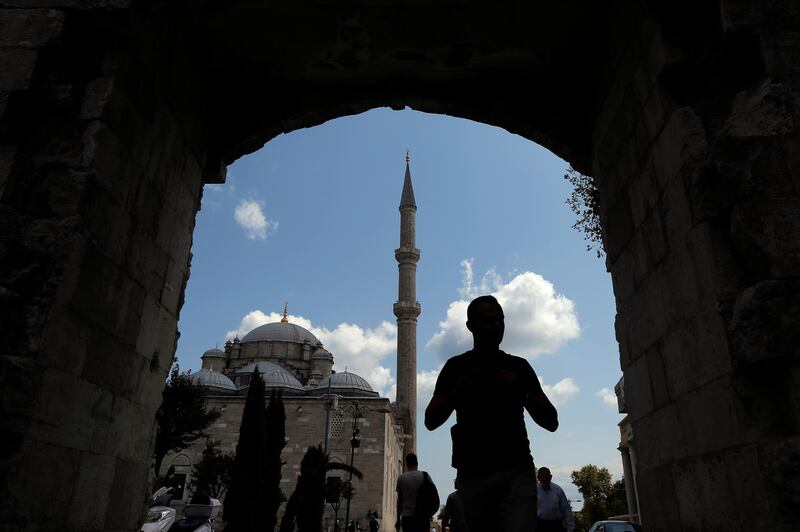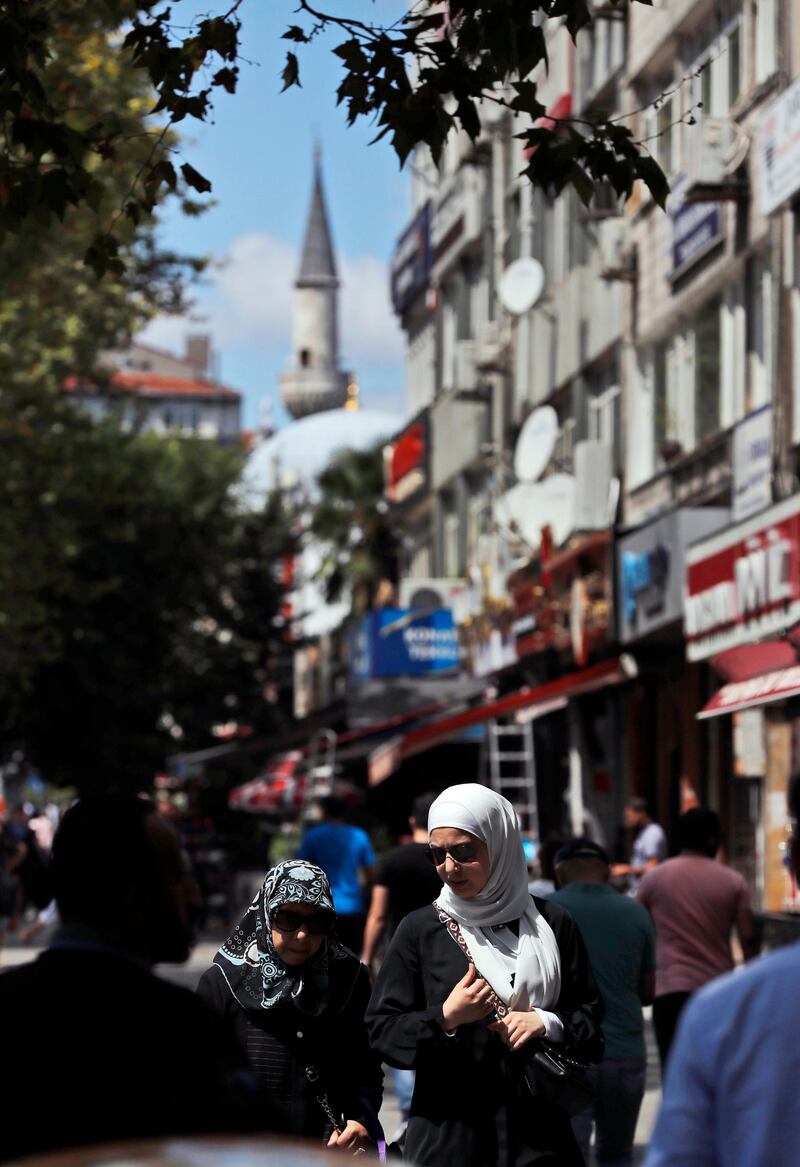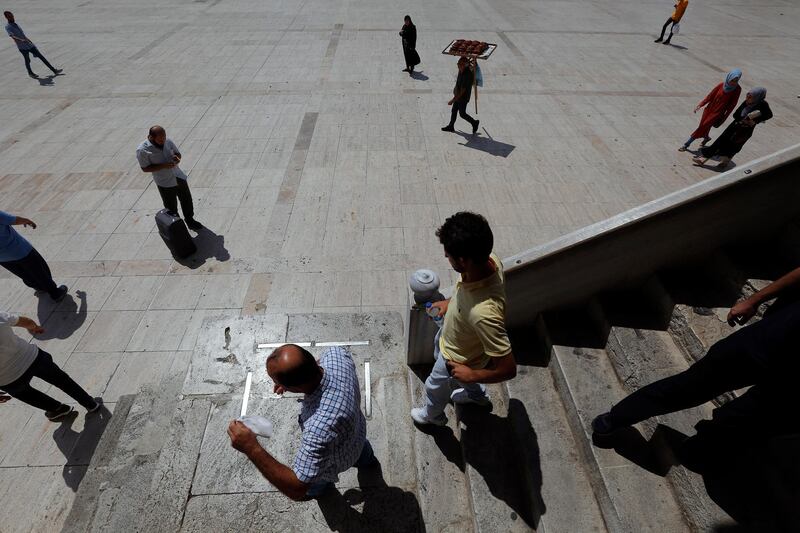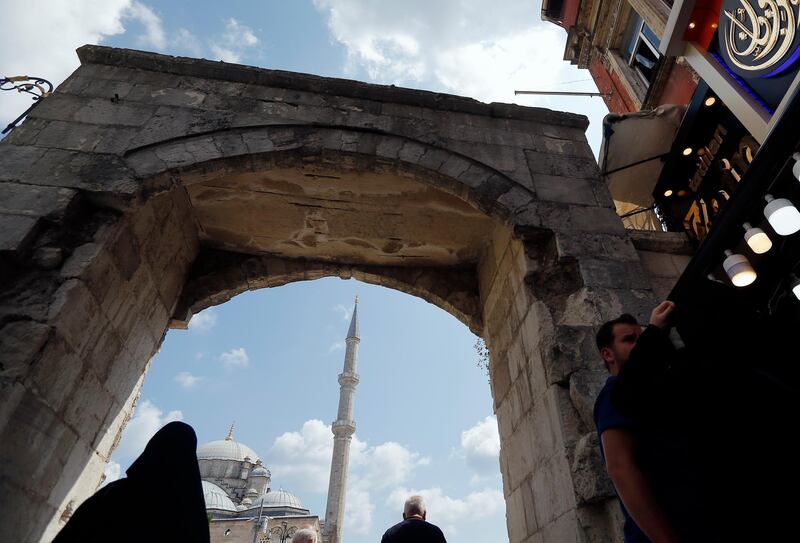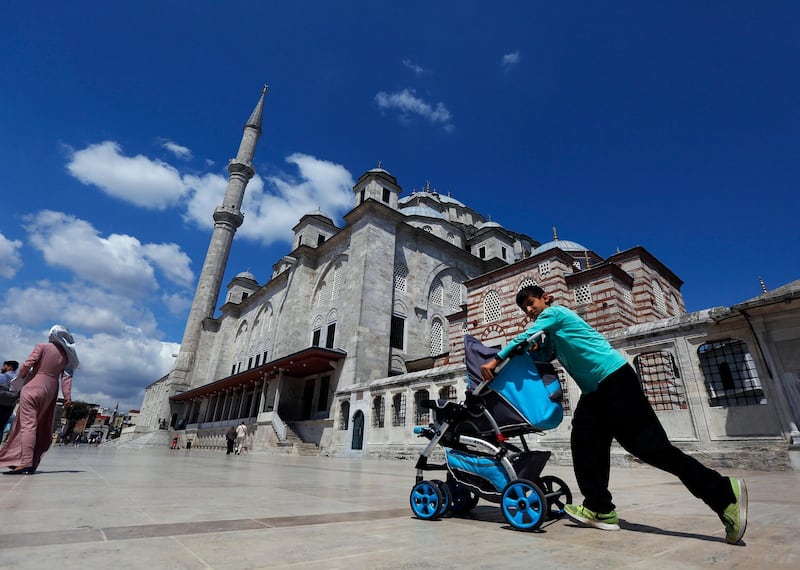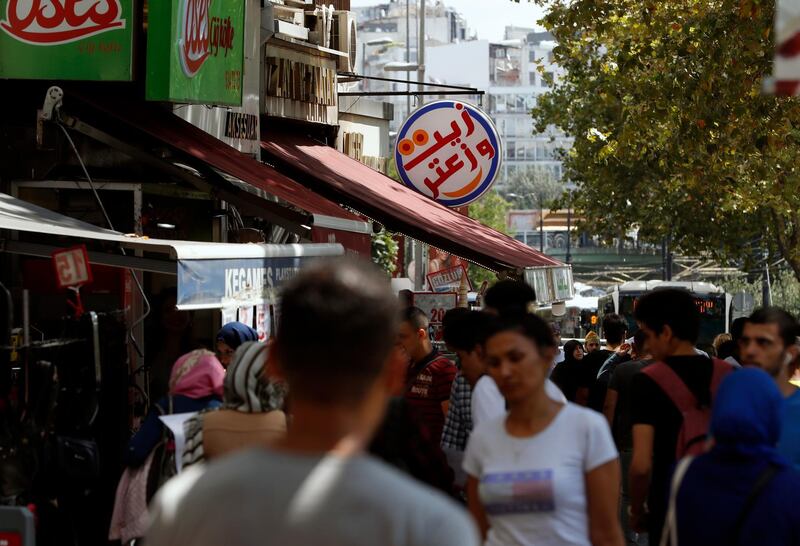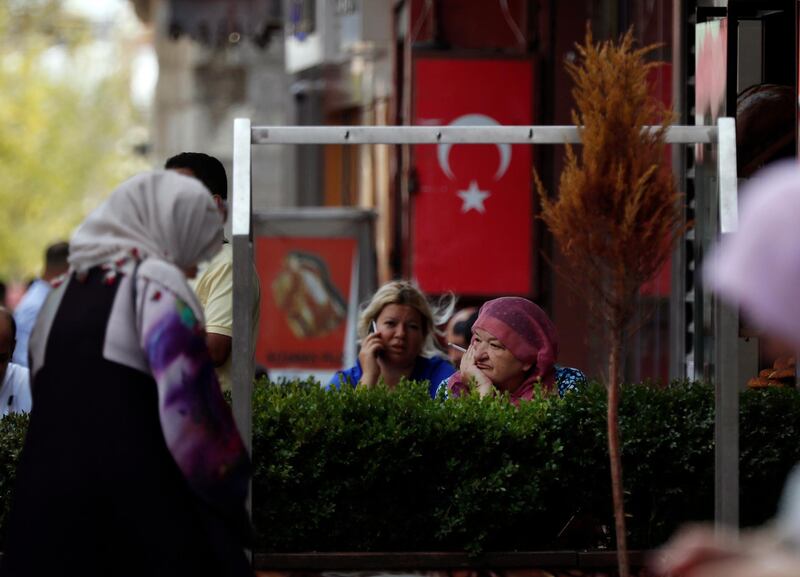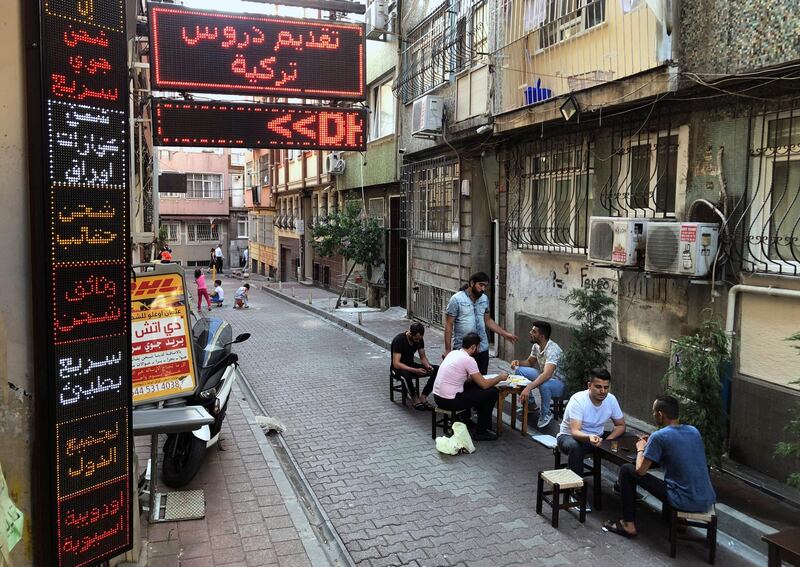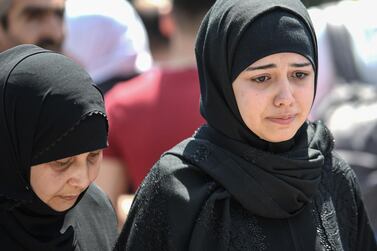Tens of thousands of Syrians living in Istanbul faced expulsion on Tuesday as a deadline expired for those registered elsewhere in Turkey to leave the city.
With no immediate sign of action from authorities, charities and activists demanded an extension to allow an orderly and humane transfer of refugees to other cities.
“There’s no information so far from the authorities about what will happen,” said Abdullah Demir, deputy chairman of the International Refugee Rights Association.
“I hope they will grant an extension because the time is not enough.”
About 500,000 Syrians are registered in Turkey’s largest city but a similar number are thought to live there without proper papers.
Last month the Istanbul governor ordered those registered in other provinces to leave for those places voluntarily by Tuesday or be removed.
Those not registered anywhere in Turkey face life in refugee camps.
Some Syrians say they have been rounded up by police in Istanbul and deported back to Syria.
Turkish authorities deny the claims but if true, they would contravene international law that states asylum-seekers should not be returned to a country where they face danger or persecution.
Anecdotal reports say Syrians have been forced across the border into Idlib province, where the Syrian military launched an offensive against the final rebel stronghold in late April.
About 3.6 million Syrians have fled to Turkey since the outbreak of civil war in 2011.
They have “temporary protection” status under Turkish law that requires them to register in a city allocated by the authorities.
They are not allowed to travel elsewhere in the country without specific permission.
Despite this, many have moved to Istanbul to join family members or because of better employment prospects.
“There are Syrians in Istanbul who have lived here for several years despite being registered elsewhere,” Mr Demir said.
“They have homes, jobs, their children are in schools. How can they suddenly move to another city? They don’t have enough money.
“Before they thought everything was OK but now they’re scared to leave their homes because even if they have permission to be in Istanbul, they think they will still be sent somewhere else.”
Istanbul Governor Ali Yerlikaya’s decision to remove unregistered Syrians followed increasing unrest between locals and refugees that led to Syrian shops being attacked by mobs several times.
Concern over community relations led to a nationwide decision to reduce the use of Arabic on shop and restaurant signs last month.
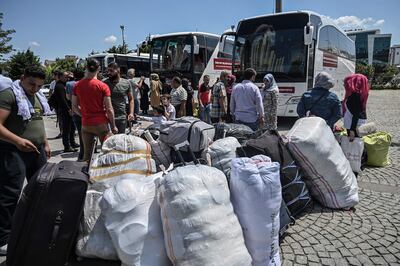
A poll in June by market research company Ipsos Mori found that 59 per cent of Turkish respondents agreed Turkey should close its borders to refugees, while 69 per cent thought most foreigners claiming asylum were not true refugees.
Since Mr Yerlikaya’s announcement, almost 12,500 migrants have been transferred from Istanbul to the provinces where they are registered, his office said this month.
And 2,600 unregistered migrants have been sent to centres run by the Ministry of Interior.
Metin Corabatir, president of the Research Centre on Asylum and Migration in Ankara, said the decision had sparked a climate of “fear and anxiety” among refugees in Istanbul.
“After the statement the police treated them quite harshly in some cases and even people who had the correct ID but didn’t have it on them were detained and sent to other cities or camps,” Mr Corabatir said.
“The implementation of this decision is very difficult and problematic. It would be hard to force hundreds of thousands of people from Istanbul.
“It’s difficult for these people to go back to other cities if the factors that pushed them to Istanbul in the first place, such as a lack of jobs or being subjected to attacks by nationalistic or anti-migrant people, still exist.
“There will be accommodation problems and there will be a new burden on these cities and fresh tensions.”
Mr Corabatir said the Directorate of Migration Management had recently established mobile registration points across the city to help people travelling to the provinces where they are registered, and giving alternative locations to unregistered refugees.
The directorate did not respond to a request for comment.
A spokesman for the UN refugee agency, which is assisting the directorate, said it was continuing to “closely monitor the situation and is engaged in discussions with the government about the procedures for the implementation of the announcement that will assist Syrians under temporary protection and others in need of protection to comply with national legal obligations".
